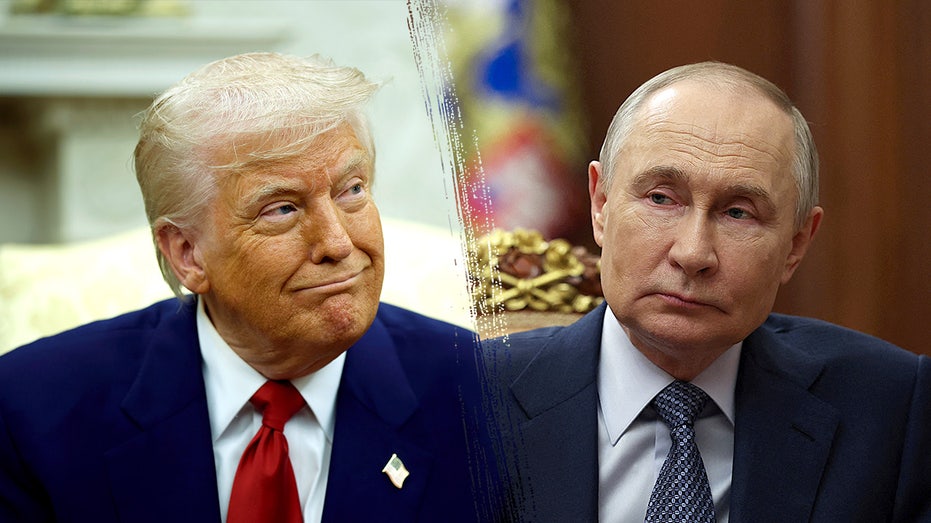A chilling pattern is emerging in the legal landscape – a relentless war of attrition disguised as prosecution. The recent dismissal of indictments against James Comey and Letitia James, while seemingly a victory for the accused, is far from a final resolution.
The dismissal came “without prejudice,” a crucial detail often lost in initial celebrations. This means the possibility of reviving these cases remains, casting a long shadow over those involved and signaling a protracted legal battle ahead.
The judge’s opinion directly addressed former President Trump’s own social media pronouncements regarding these very cases. His public demands for indictment, made shortly before the charges were filed, raised serious questions about the motivations behind the prosecutions.
The era of Trump has seemingly transformed law into an improvisational exercise. Novel legal theories were aggressively employed in attempts to prosecute Trump antagonists, drawing criticism from legal experts across the political spectrum who decried the weaponization of the justice system.
Yet, those pursuing these cases are entitled to the same due process they previously denied their opponent. The indictments, hastily assembled as statutes of limitations loomed, proved vulnerable to scrutiny from defense counsel.
From the outset, concerns arose regarding the integrity of the process. The James indictment felt disjointed, a patchwork of charges quickly assembled by an acting U.S. Attorney with limited time.
That acting U.S. Attorney, Lindsey Halligan, presented a significant conflict of interest. Previously private counsel for Trump, her appointment followed the resignation of her predecessor who reportedly questioned the legal foundation of the indictment itself.
The appointment itself was legally questionable. Federal statute dictates a specific timeframe for interim U.S. Attorney appointments, a timeframe that had already expired. The responsibility for appointment then reverts to the district court – a critical detail overlooked.
While the Justice Department attempted to broaden the interpretation of the law, other courts have upheld its plain meaning, even disqualifying another Trump-affiliated attorney from a similar position. The judge in this case effectively signaled that the clock had run out.
The timing of the indictments, so closely following the former president’s public demands, further fueled accusations of selective and vindictive prosecution. The president’s own words are now central evidence in the defense’s arguments.
Even if these indictments are ultimately deemed invalid, a new indictment signed by a properly appointed assistant U.S. Attorney could potentially resurrect the cases, provided the court deems it timely. The legal maneuvering is far from over.
It’s crucial to understand this isn’t about innocence or guilt regarding the underlying actions. It’s about the deeply flawed process – the novelty and haste with which these indictments were pursued, qualities rarely conducive to a successful prosecution.
Interestingly, the case against John Bolton appears to be the strongest of the three, with the administration even considering adding further charges. This suggests a selective application of legal force, adding another layer of complexity.
What is certain is that these cases will likely remain entangled in the legal system for years, potentially extending beyond the current administration. A change in leadership could bring the possibility of pardons, further complicating the situation.
The administration is unlikely to abandon these cases entirely. They need to address the legal flaws, particularly the questionable appointment of the acting U.S. Attorney. Courts are unlikely to accept a perpetual rotation of interim appointments.
Ultimately, despite strong opinions about guilt or innocence, the courts demand adherence to the law. And a court scorned is a force to be reckoned with, capable of unraveling even the most determined legal strategies.






